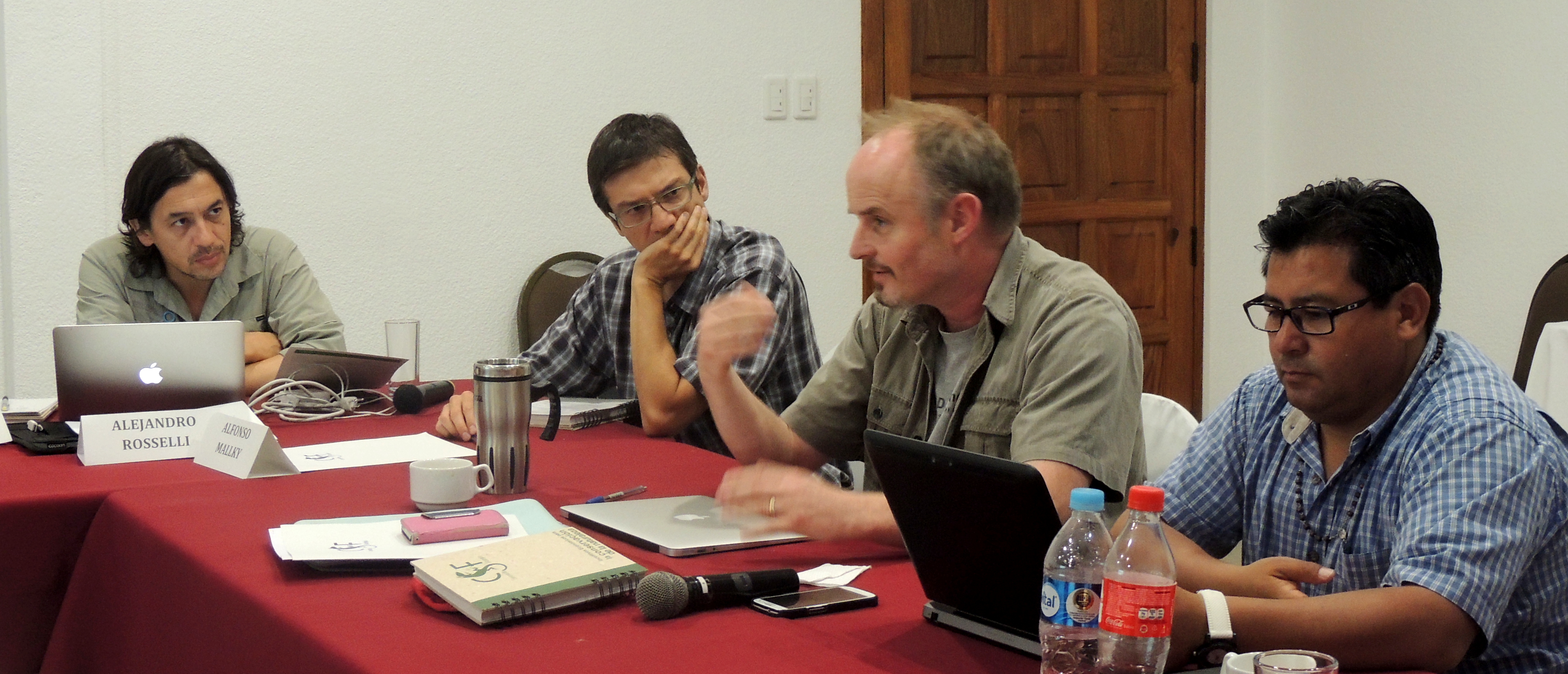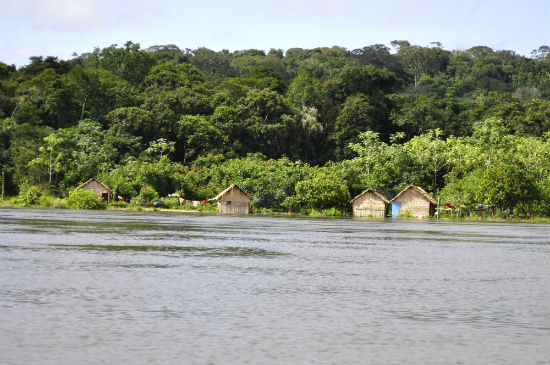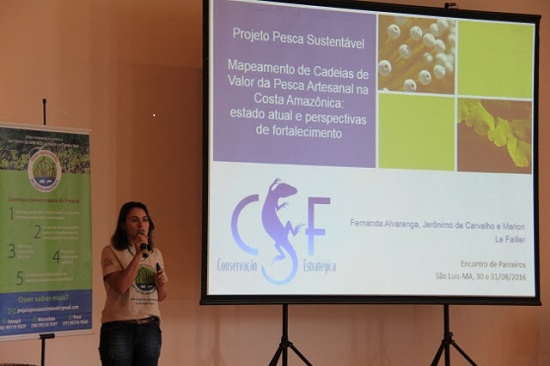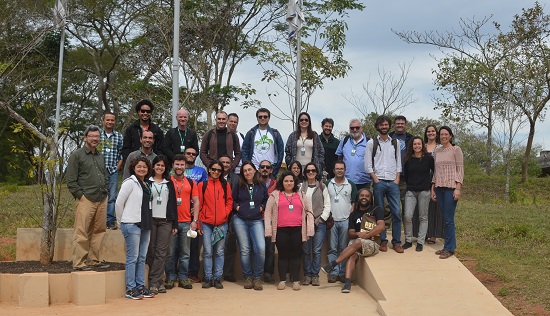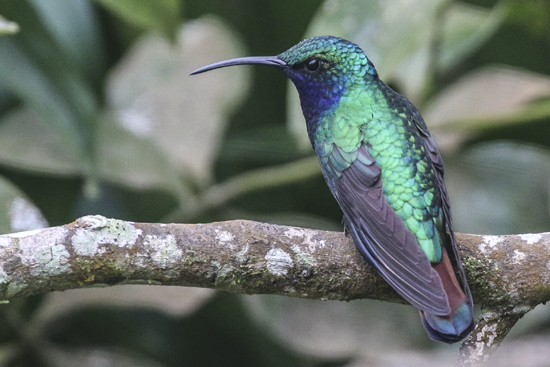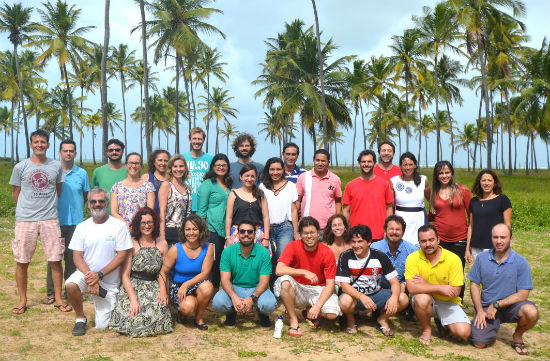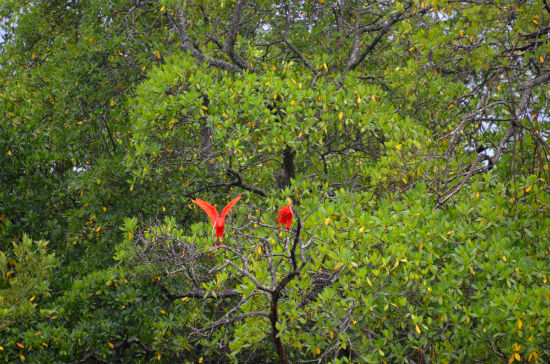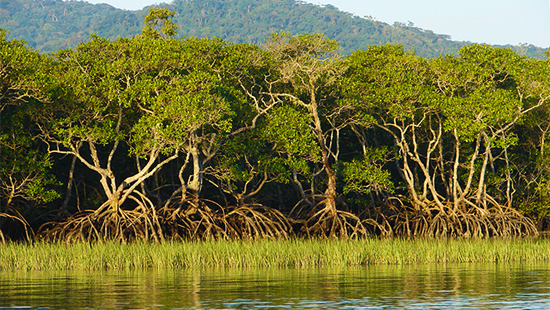News
Durante el mes de noviembre, Conservation Strategy Fund (CSF), en colaboración con la Autoridad de Fiscalización y Control Social de Bosques y Tierra (ABT) y la Universidad Amazónica de Pando (UAP), desarrolló de manera exitosa la segunda versión del curso Herramientas Económicas para la Evaluación de Factibilidad y Diseño de Negocios Sustentables, correspondiente a la gestión 2016, en instalaciones del Hotel Cortez de la ciudad de Santa Cruz de la Sierra, Bolivia.
CSF llevó a cabo en Noviembre un Taller Internacional de Expertos en Incentivos Económicos y Pagos por Servicios Ambientales. El objetivo del taller fue presentar y discutir diferentes temas en torno al diseño e implementación de esquemas de incentivos, con el fin de proporcionar insumos y recomendaciones para la construcción de un Mecanismo de Acuerdos de Conservación que CSF está diseñando para el norte amazónico de Bolivia, en coordinación con Conservación Internacional. Las recomendaciones de los expertos fueron de mucha utilidad para definir puntos centrales del diseño del mecanismo.
CSF conducted a study on the economic impact that São Luiz do Tapajós could have had on local populations if its construction in the Brazilian Amazon had been approved.
We analyzed the loss of subsistence income and the impact on two ecosystem services: water quality reduction and the increase of CO2 equivalent emissions.
Traditional houses in the Tapajós riverside.
On September 30th and 31st, the United Nations Educational, Scientific and Cultural Organization (UNESCO) and CSF presented the first results of the “Sustainable Fisheries in the Amazon Coast Project" to our partners in São Luís, Brazil. Sixty representatives from government, universities, the private sector, civil society, associations, cooperatives, fishermen groups, trade unions, and the implementing partners attended the meeting.
Fernanda Alvarenga introducing CSF´s work.
In early August, CSF and the Chico Mendes Institute for Conservation of Biodiversity (ICMBio), in partnership with the United States Forest Service (USFS), held a four day training on Economic and Financial Feasibility of Supporting Services for Visitation of Conservation Units (Unidades de Conservação - UCs) at the Biodiversity National Academy (ACADEBio), in Iperó, Brazil.
Course participants and instructors.
Lazuline Sabrewing, photo credit: Alvaro Jaramillo
Colombia has the greatest bird diversity in the world. Approximately 1,900 bird species have been registered, equivalent to 20% of all species globally. This wealth in species highlights a tremendous potential for birding tourism. Current efforts by the Colombian government to increase security and end decades of armed conflict, as well as to promote ecotourism, can help position the country as one of the most important birding destinations in the world.
Scarlet ibis (Eudocimus ruber) in a mangrove treeIn May 2016, staff from the CSF Brazil team travelled to the Salgado Paraense region, located on the northern coast of the state of Pará. Their goal was to collect important information as part of our project on the sustainability of mangrove ecosystems. This project seeks to sensitize the government and society to the benefits these ecosystems provide, and make recommendations about economic instruments that could be used to promote financial sustainability of protected areas.
Brazilian mangroves. Photo credit: Freya Fennwood .
Mangroves are a key ecosystem contributing to biodiversity and flood protection on a local and regional level. Unfortunately most people are unaware of the ecosystem services provided by mangroves. As a result, overfishing and pollution threaten this critical habitat.

